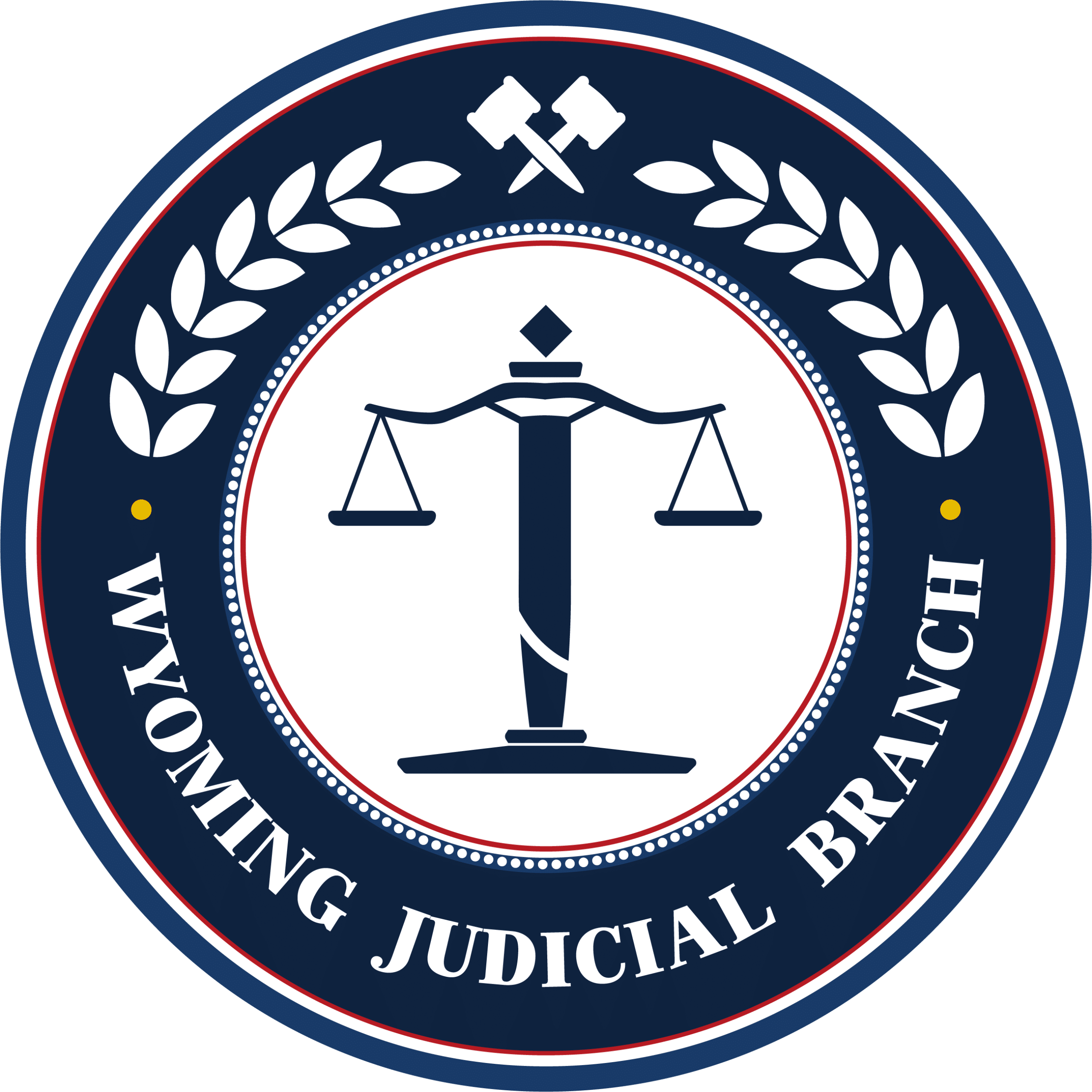Resources
Wyoming Attorney General's Consumer Protection Unit
This website has contact information, complaint forms and information about the Wyoming Consumer Protection Act.
Fair Debt Collection Practices Act Overview
This handout provides an overview of the Fair Debt Collection Practices Act.
FTC Consumer Information
The Federal Trade Commission (FTC) is the nation’s consumer protection agency. The FTC works to prevent fraudulent, deceptive and unfair business practices in the marketplace. This website contains valuable consumer information on money & credit, homes & mortgages, health & fitness, jobs & making money, and privacy & identity issues.
Consumer Financial Protection Bureau
The Consumer Financial Protection Bureau (CFPB) describes itself as "a U.S. government agency that makes sure banks, lenders, and other financial companies treat you fairly." Its site is a great place to visit before you get any kind of loan, make any sort of major purchase (car, home, etc.), or are having trouble with debt collectors. The site also has student loan and retirement planning resources.
University of Wyoming Extension - Financial Literacy Program
UW Extension reaches people through presentations to groups, associations and agencies in the community and in prisons, and through their online resources and publications. You can contact your local Extension office to find out what is available in your area, or follow the link above for more information about online resources including podcasts and webinars.
Find a Lawyer
Click the link above to learn more about finding a legal aid or private attorney.
